Were They Really Rescued?
Written By: Mira Seyal
A response to law enforcement’s encounter with 33 missing children found in Los Angeles.
On January 23, 2021, NBC reported that 33 missing children were “rescued in a Los Angeles trafficking operation.” Several of the survivors had been trafficked in the past and 8 were being exploited at the time of recovery. It is hard to imagine that such a large-scale, successfully executed operation could bring bad news for trafficking survivors.
Yet, in the midst of this heartwarming story, almost as a side note, we are made aware that “some of the victims were arrested for misdemeanor crimes such as violating probation or robbery.” The article proceeds to quote law enforcement describing sex trafficking as a “harmful cycle” and a “pervasive and insidious crime that threatens the safety of our young people, who are the future of our communities.” The arrests of several of the survivors, however, directly contradict any rhetorical illusion of trauma-informed compassion for these young children.
The vicious cycle that many trafficking survivors fall into is too often perpetuated by a legal system that treats survivors as criminals rather than victims. The US legal system is built to maximize criminal charges related to prostitution. This means that when authorities are made aware of trafficking operations, they often exacerbate survivor trauma by arresting survivors for misdemeanors rather than offering support and resources for them to escape their trafficker, become empowered, and build a life free from exploitation. After being treated like a criminal by law enforcement, many survivors build fear and distrust towards law enforcement, making it unlikely that they report anything related to their being trafficked. Thus, the trafficking survivor cycle is born.
The criminalization of trafficking survivors is a racialized, gendered issue. As Angela Davis explains, “The notion of a prison industrial complex insists on understanding of the punishment process that take into account economic and political structures and ideologies, rather than focusing myopically on individual criminal conduct and efforts to ‘curb crime’.” Criminalization and the prison industrial complex are a direct result of a society in which women and racial minorities are systematically oppressed. According to the FBI, Girls account for approximately 71% of all juvenile prostitution arrests and black children account for about 51% of all juvenile prostitution arrests -- more than any other racial group. Until California decriminalized child prostitution in 2017. these young girls were routinely arrested for prostitution charges even though as minors, they can’t legally consent to sex. But children are still arrested for prostitution in other states who have not changed their laws. Evidence shows that most young women in the juvenile justice system have a history of sexual abuse. A 2009 study in South Carolina of “delinquent girls” for example, found that 84 percent reported a history of sexual violence. The pattern of funneling vulnerable young women of color, who have been disproportionately victimized and traumatized, into the juvenile justice system has been coined the “abuse-to-prison-pipeline.” By taking these vulnerable, at-risk children into the juvenile system and out of their communities, we prevent them from receiving the tools they need to recover from their trauma.
We need to begin imagining a survivor-centric legal system that ends survivor criminalization at every point in the justice system. This looks like ensuring that no state prostitution law allows for the arrest and detention of individuals who have been trafficked into the sex trade, allowing survivors to vacate criminal records, and ensuring that survivors have access to helpful resources. We can not expect to “rescue” survivors until we build a justice system that treats trafficking survivors as human beings and victims of crime -- not as criminals.
To see how Free to Thrive is working towards a survivor-centric justice system, visit FreeToThrive.org.
About the Author: Mira Seyal is the Development Assistant at Free to Thrive where she offers administrative support, manages donor relations, and researches ways to increase funding and membership. Mira also runs the team’s social media pages and assists with marketing events.


